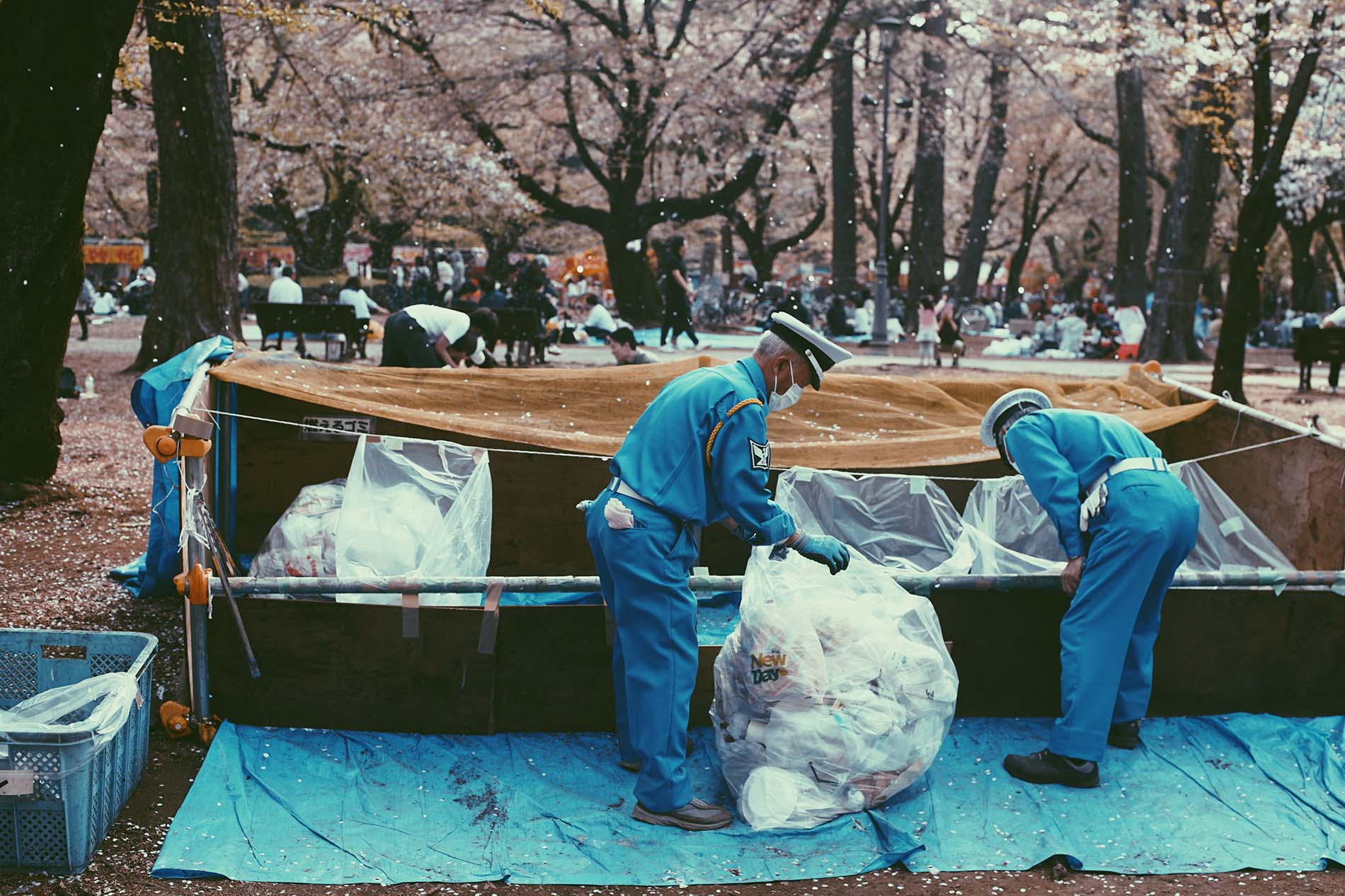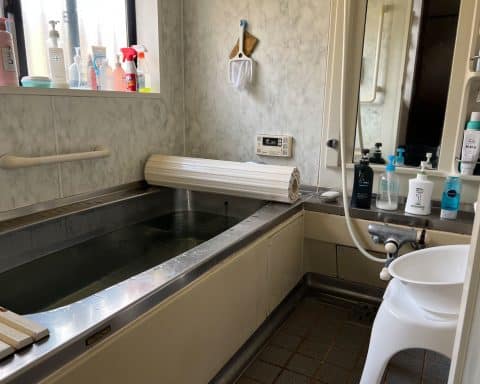Japan is cleaner than your country, probably.
Japan is known for its cleanliness.
You only have to look as far as the 2018 World Cup to see this in action.
When I first visited the country back in 2016 I was seriously shocked at how empty the streets were. In England, there are either overflowing public bins or lots of small bits of rubbish in the corners of the road.
But in Japan? None.
If I’m walking through the woods or a field in the UK, there is always a plastic bag or 20 floating around.
And Japan? Nothing.
So why is Japan so clean, or at least seem that way?
The answer isn’t a simple one, but if you want a quick idea then it could be put down to the education system and pride (Potentially social pressure).
The seven-minute miracle
The seven-minute miracle isn’t an underlying reason why Japan may be cleaner than other countries, but it’s certainly worth mentioning.
Every day more than 300 Shinkansens make their way in and out of Tokyo Station, and someone has to clean them. That role falls to the ‘TESSEI’, a subsidiary of Japan Railway.
Each team of 22 staff is responsible for cleaning about 20 trains every day, and a limited time to do it.
With trains stopping an average of 12 minutes at Tokyo Station and 5 minutes for boarding and disembarkation, cleaners have only 7 minutes to clean an entire train.
Thus, it was dubbed by CNN as the 7-minute miracle.
Take a look at the video below to see the TESSEI in action. I think it’s genuinely really cool but that might just be the closet nerd in me…
1. They learn to take responsibility from a young age.
Think back to your days at school and tell me how many times you cleaned your entire classroom?
Never?
Thought so.
When school children in Japan get their supplies for the year, one of the things on the list is a zokin (A cleaning rag). They use this rag after lunch when all the children participate in O-Soji (cleaning). By practising this from a young age, children are taught to respect their classroom and keep it clean for their lessons.
This is likely to have a positive impact on their thoughts about littering and mess when they leave school and help them continue to respect their country and community by always cleaning up any mess they make.
Do Japanese schools have cleaners?
Whilst some schools allow their students to clean up entirely, most schools still employ staff called yomushuji. They have different responsibilities such as helping children cross the road, maintenance, and of course cleaning the school. Japanese schools not employing cleaners is something many news outlets have wrongly printed.
2. No public trash cans
If you’ve ever been to Japan, I’m willing to bet you’ve never seen a trash can.
Surprised?
The reason Japan has hardly any rubbish bins is that people are taught from a young age (as we’ve just heard) to take responsibility for their mess. In this case, any form of trash.
Finished a packet of crisps?
You’ll be expected to take it home and sort it into the correct recycling bin for it to be further processed.
So make sure you bring an empty bag with you next time you’re out exploring in case you can’t find one!
3. The influence of Buddhism
Buddhism frequently teaches about the importance of cleanliness, and with roughly 70% of the Japanese population following Buddhist teachings, it’s no surprise that it has a big effect on society.
You can experience this first hand if you go into a temple. Chōzubachi are water-filled basins you’ll frequently find outside shrines that are used for washing your hands, mouth and the handle of the ladle.
This activity allows the worshiper or visitor to purify themselves both spiritually and physically before entering.
4. Natural disasters
Japan is a country that’s certainly seen its fair share of epidemics. But it’s also a country that’s come through the other side with the utmost respect for its environment.
Going back 30 years or so, Japan didn’t look like it did now. It’s only through its fast-growing economy it became wealthy enough to clean up the environment and promote a healthier and cleaner way of living.
Is Japan as clean as people say it is?
Honestly?
Maybe not entirely, but that’s only my personal experience and opinion (And dam, it’s a lot cleaner than anywhere else I’ve been).
It’s clear that the most popular tourist spots in the country will have special attention given to them but only because that’s what the world sees. Not that small side alley with graffiti and bags of rubbish piled up.
I think a lot of it has to do with how Japan is perceived by other countries too. That’s not to say its citizens don’t have a more respectful outlook on cleaning up after themselves because It’s quite evident they do. I just think Japan is a country whose image is extremely important to them, not that it’s a bad thing.








